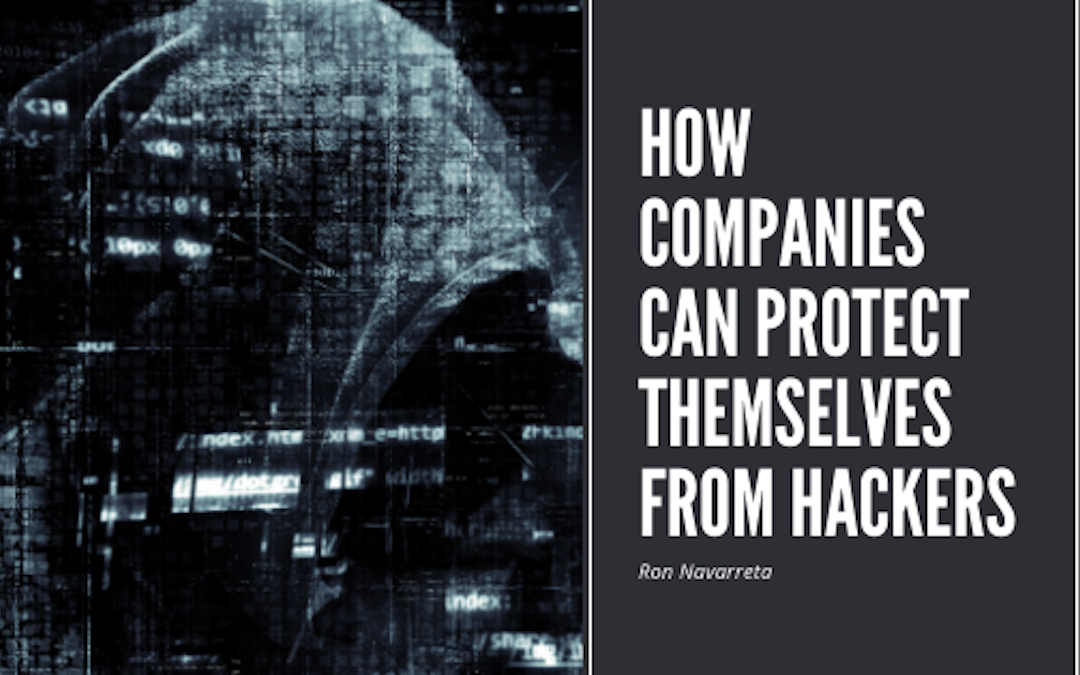Regardless of the size of a company, a data hack can be devastating. Nearly 60 percent of small-to-medium-sized businesses are unable to recover after a breach. They are often the ones targeted by cybercriminals because there is a low risk-high reward ratio with SMBs. Smaller companies are also more likely to try saving money by not purchasing the best protection. Despite these odds, there are still ways that businesses can protect themselves against hackers.
The steps involved in a hack can be devastating for numerous reasons. In addition to having to notify potentially affected clients, there is a massive need for reactionary protocols, such as possible court settlements and credit card monitoring. It is arguably the wiser option to spend money upfront and prepare for the worst, lending yourself to a proactive course of action and less money down the line.
One of the many ways that hackers will try infiltrating companies is thru various phishing scams. In addition to up-to-date firewalls and antivirus software, it is vital that all team members are trained on how to protect themselves against fraudulent efforts to obtain data. These can come in a variety of formats including email links or text messages, even disguised as being sent by a known receiver. Even one person falling prey to this type of scam has the potential to infect a whole network. Before an employee even begins their official first day on the job, make virus training a part of the onboarding process.
The top-rated anti-malware corporations are constantly being reviewed because hackers are getting smarter and anti-viral databases are updated daily. Before choosing which is the right product for your business, it’s important to do your due diligence and see which is the best match for you.
Many employees will bring their own mobile devices to work. If the policy allows them on the network, then you must enforce a strict bring your own device (BYOD) set of rules that include another level of encryption for each device, such as a pin code or password. In addition, it’s important to ensure another layer of protection via a virtual private network (VPN). This will expand a private network across a public network in a safe manner so data can remain protected.

